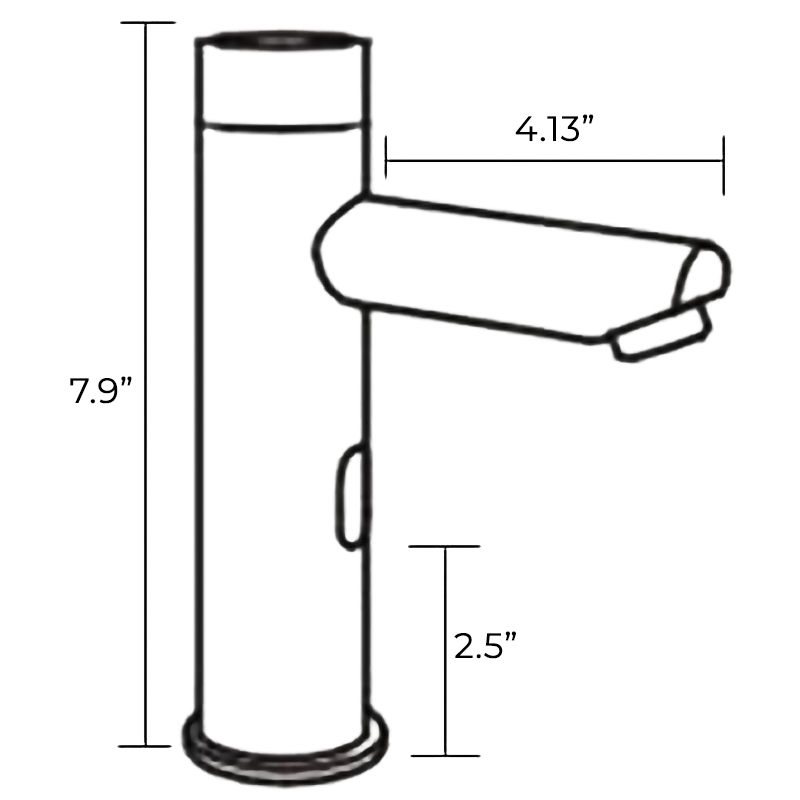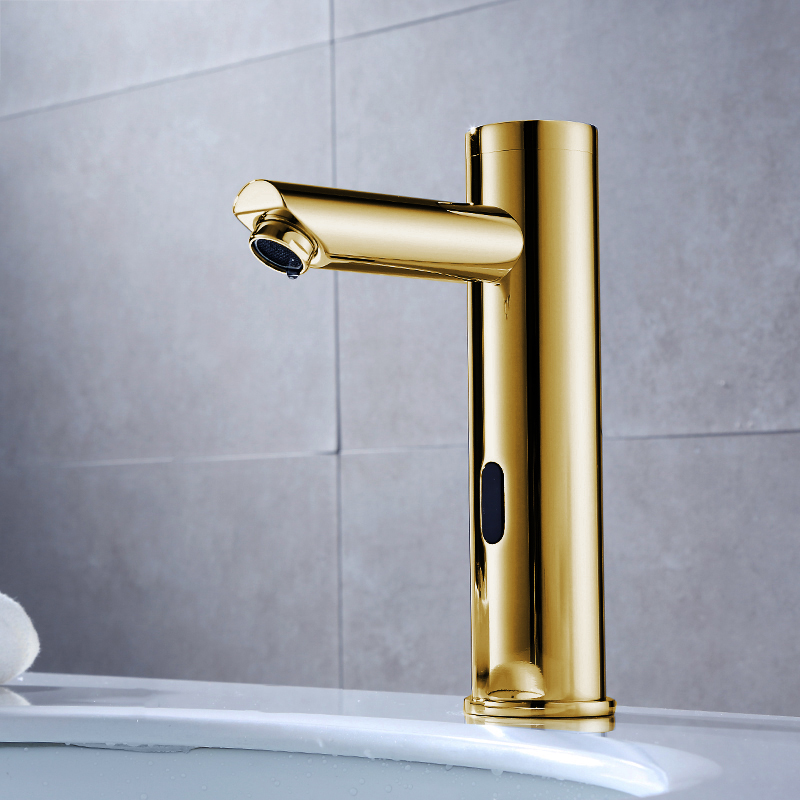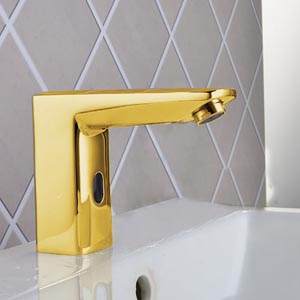Best Commercial Touchless Faucets
The first thing that you must consider replacing in any commercial washroom is the faucet. These commercial AC/DC... hardwired and Battery-Powered Touchless Lavatory Faucet Promote Proper Sanitation!!! Replace the manual faucet with the
commercial touchless faucet
if it hasn’t been done already. This relatively new piece of technology is the ideal upgrade for any commercial place; be it a restaurant or a plaza. These faucets, as the name suggests, eliminate the need to touch the faucet in order to make the water flow. It makes use of sensors that detect the presence of hands and automatically turns the faucet on.
Different types of touchless faucets
- Plastic faucet
This relatively inexpensive type of faucet is common in most public places but the fact that these might often need frequent repair is problematic. In public places, these are unlikely to be very useful because they will get easily damaged.
- The brass and chrome coated faucets
This type of faucet includes zinc coated with brass. The zinc itself is likely to get easily rusted or corroded. The brass coating helps reduce this while also making it more attractive by keeping the surface shiny. These faucets however, can cause hygiene problems. The brass can wear out and this will expose zinc to corrosion.
- Stainless steel faucet
The stainless steel faucet is made of this material because it reduces the risk of corrosion. As long as the surface remains unscratched, the surface will remain shiny. The stainless steel faucet is ideal for
commercial settings because of its good outer appearance and less risk of corrosion.
- The solid brass faucets
The brass used in these faucets is used because of their resistance to rusting. This feature makes them durable and therefore particularly useful in public places. Brass faucets are also ideal for use in washroom where water is considered ‘hard’. Such water runs a greater risk of rusting. If these faucets are used in public places like restaurants, they will minimize the
maintenance costs and increase interval between need of repair.
|
|

|
|
1. Solo Commercial Automatic Touchless Sensor Faucet
2. Fontana Commercial Gold Finish Touchless Automatic Sensor Faucet
Commercial Auto Faucets Features
- Sensor
The sensor is the defining feature of the
automatic faucets. This is located at the base of the faucet's spout. The presence sensor detects the presence of hands and activates the pump to allow the flow of water. The sensor will remain activated only until the hands remain under the lip. Once they are no longer detected, the flow of water will stop.
- Power source
An automatic/touchless faucet requires a power source to run the sensor, the electronics and the valve. The source can either be a dry-cell battery or an AC transformer generating a low voltage current.
- Spout
The visible part of any faucet that holds the other components of the faucet is known as the spout.
- Solenoid valve
The solenoid-activated valve has a rubber disk to control the flow of water. The sensor opens this valve to allow the water to flow for as long as the sensor detects the presence of hands.
|
|

|
|
3. Fontana Yellow Gold Commercial Automatic Sensor Touchless Faucet
Benefits of commercial touchless faucets
- Hygiene friendliness
Contact with any publicly used device increases contamination risks. Touching faucets in commercial settings includes the risk of transmitting and getting bacteria and other germs. By eliminating the need to touch the faucet, the touchless faucet eliminated this problem.
- Minimization of water wastage
Touchless faucets also help reduce water-wastage. It is particularly problematic in commercial areas where water use cannot be monitored or controlled. Touchless faucets reduce wastage by ensuring that the water flow stops once the hands are no longer under the lip of the faucet.
Where can these be used?
Touchless faucets are ideal for use in public places like restaurants, gyms or plazas. In such cases, the fact that thy conserve water and minimize risk of contamination makes them best for use in such places.
Durability and ease of use
The touchless faucets, as the name suggests, do not need to be touched, this alone makes them more durable because risk of damage is reduced. Repeated use of the tap in case of traditional faucets makes damage more likely and thereby results in greater maintenance costs. At the same time, this also makes use much easier.
|
|

|
|
|